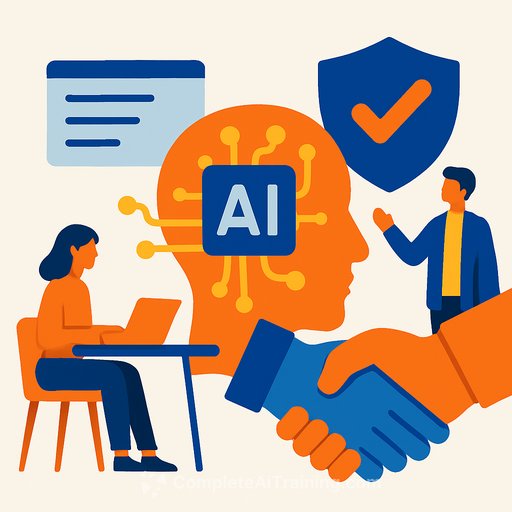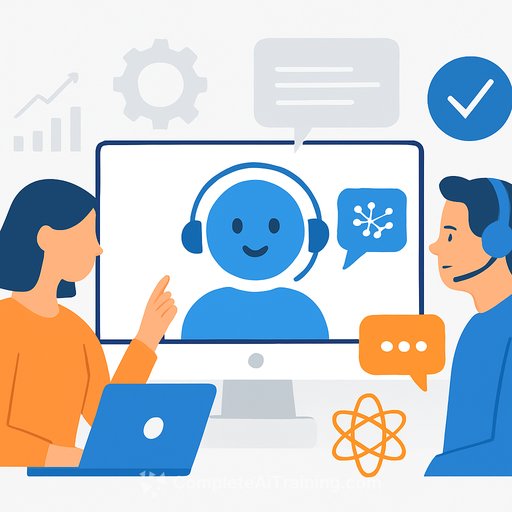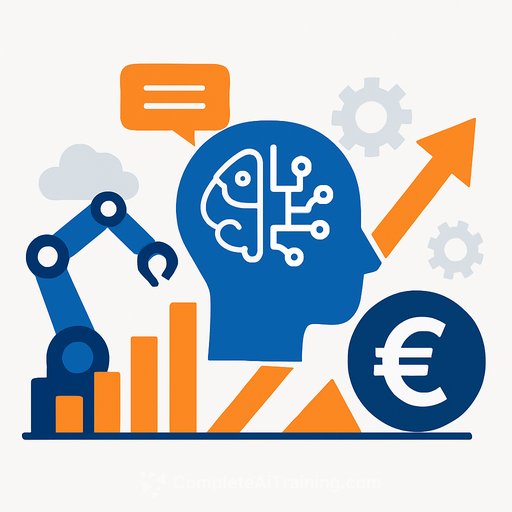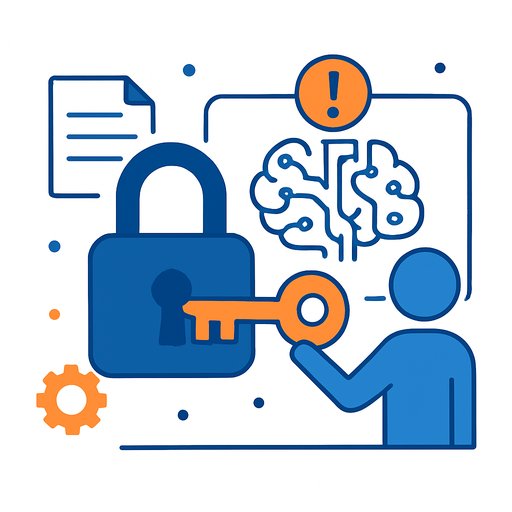New Development Boosts User Trust in Artificial Intelligence
Trust in AI remains a critical factor as the technology increasingly integrates into everyday tasks and business processes. While AI offers remarkable efficiency and convenience, concerns about security vulnerabilities, misinformation, and unintended errors persist.
To address these challenges, researchers from the USA and France have introduced the TrustNet Framework, a new system aimed at strengthening trust in AI applications.
What is the TrustNet Framework?
The TrustNet Framework is built around a three-stage process that transforms the complex issue of AI trust into actionable scientific knowledge, involving collaboration across multiple disciplines.
- Problem Transformation: This initial stage reframes the broad concern of trust in AI into specific, measurable scientific problems.
- Acquisition of New Knowledge: Scientists and stakeholders work together to identify and combine core elements of trust such as reliability, risk management, user impact, and application domains.
- Transdisciplinary Integration: The findings are evaluated considering both theoretical insights and practical implications, then shared with the broader community and scientific fields.
Why This Matters for IT and Development Professionals
AI systems are only as effective as the trust they earn from users. For developers and IT professionals, integrating trust-focused frameworks like TrustNet can reduce risk and improve user experience. This approach encourages a cross-functional perspective, involving engineering, psychology, ethics, sociology, and legal expertise to build AI solutions that are reliable and socially responsible.
Understanding and applying such frameworks can be essential for teams working on AI projects, ensuring that products meet both technical standards and user expectations.
For those interested in enhancing their skills in AI development and ethical implementation, exploring specialized courses and certifications can provide practical tools and up-to-date knowledge. Resources like Complete AI Training's latest AI courses offer targeted learning paths to stay ahead in this critical area.
Your membership also unlocks:






